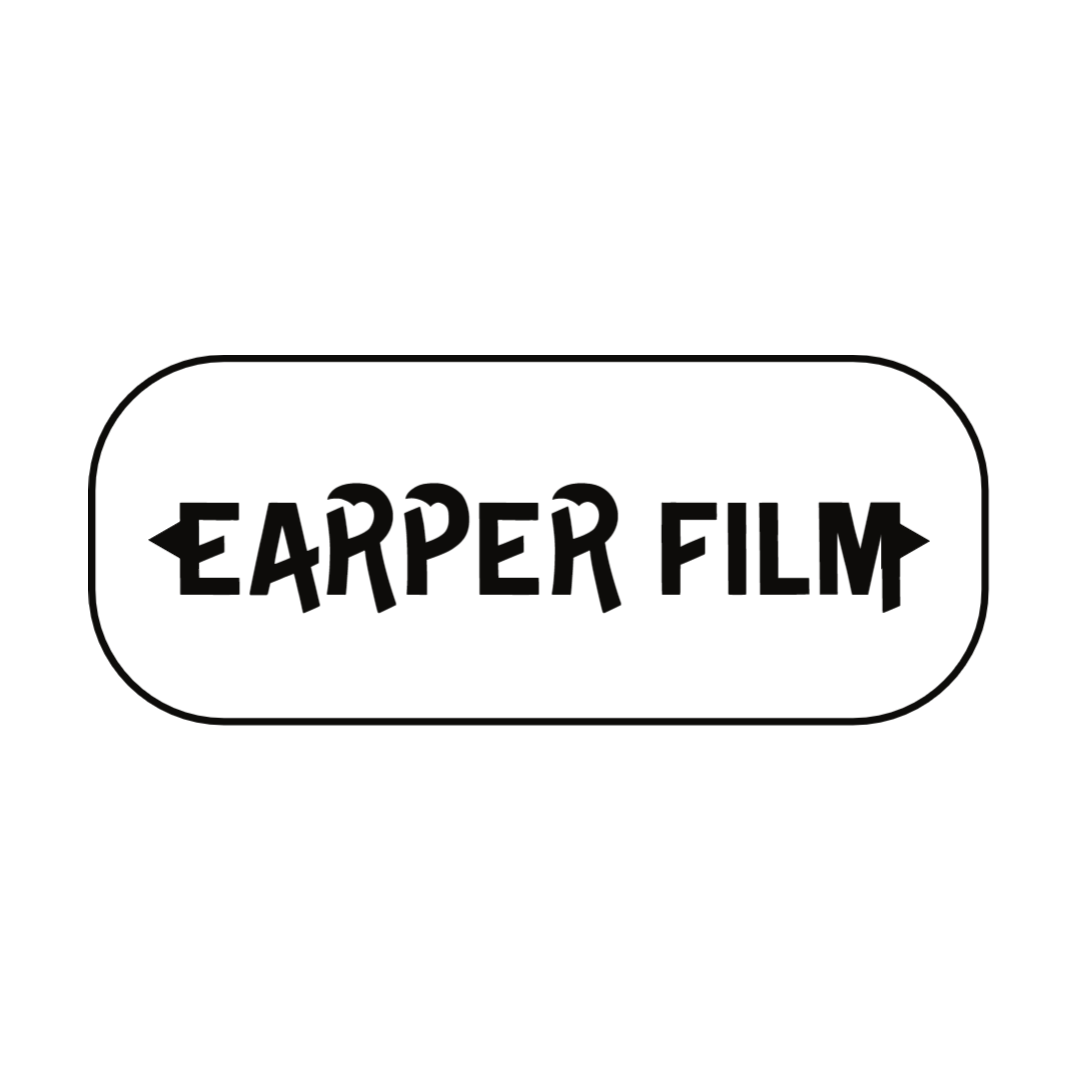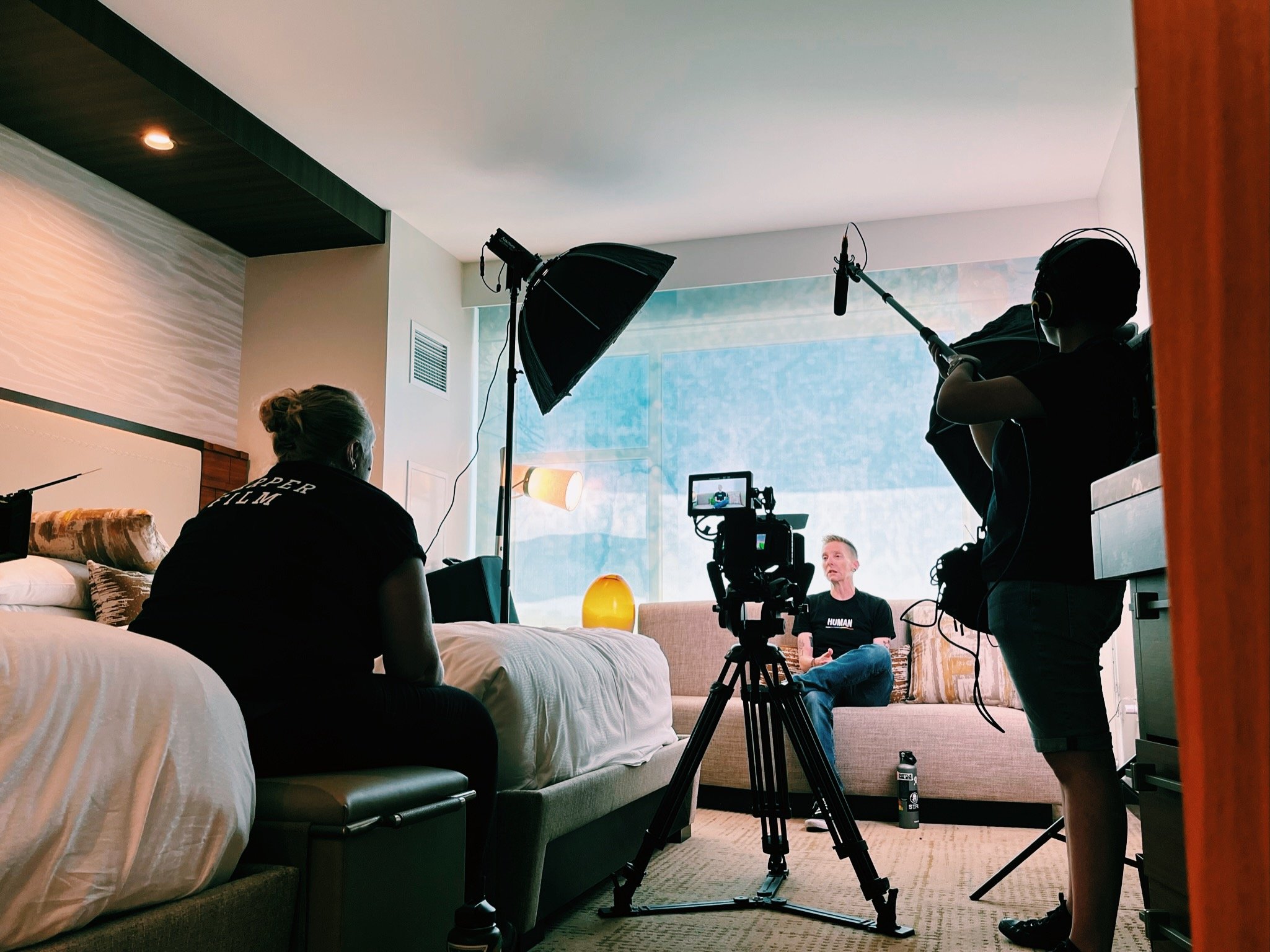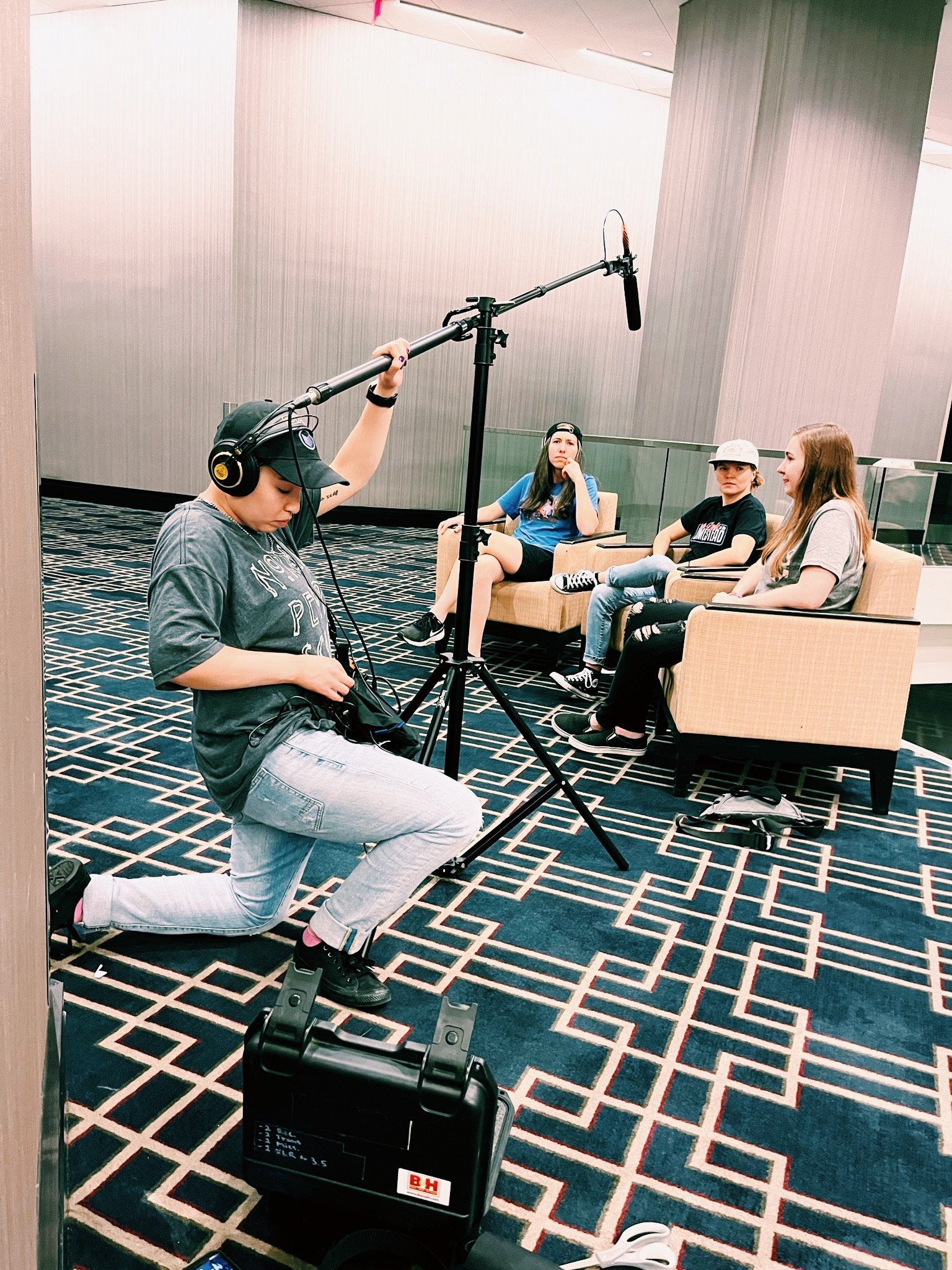IT SHOULDN’T BE THIS HARD:
LGBTQ+ Representation and The Fandoms Who Fight For It
An Earper Film Docuseries
Film Specifications
-
Documentary
-
Docuseries/ Episodic
-
Amber Alexander
-
4K
-
English
-
United Sates & Canada
Synopsis
-
Representation matters. What happens when LGBTQ+ characters continue to be killed off, abandoned, and their shows consistently canceled? The queer community in return feels abandoned, neglected, unworthy, and second-rate. It Shouldn’t Be This Hard: LGBTQ+ Representation and The Fandoms Who Fight For It, gives voice to those most affected by these negative tropes and lack of visibility shedding light on why representation, community, and fandom are so important to feeling seen and celebrated.
-
From a snowy day in Pittsburgh to the historic streets of New Orleans, basking in the southern Californian sun, back across and up into the hustle and bustle of Toronto, It Shouldn’t Be This Hard: LGBTQ+ Representation and The Fandoms Who Fight For It, explores the lives of the underrepresented LGBTQ+ community and the often misunderstood found families who are the beating heart of fandom culture. The continuous and predictable lack of representation in the media along with the unprecedented rate of queer television shows being canceled, often without a significant chance to succeed, is a harsh reminder that queer media hasn’t been given a seat at the table like once optimistically thought. Instead, their voices are frequently found at the proverbial kids table, often in a separate room.
There are many undesired tropes found throughout queer media, most notably, “Bury Your Gays” which in 2016 the queer community had enough of watching their characters removed - killed off. If your representation is consistently viewed as disposable, after a while you might see yourself the same way. Disposable. Undeserving of happiness, love, normalcy, among a never-ending list the cisgender heterosexual white community will never have to lose sleep contemplating. If you ask them when the first time they saw themselves represented in the media was, they often answer with a confused, quizzical look. It’s a trick question. The answer is… always. But imagine being a 72 year old lesbian who looks at you just as confused because her answer is just as simple but far more disheartening. Never. Her answer is… never.
The ‘21-’23 television seasons saw an unsettling number of LGBTQ+ shows canceled creating a wave of pain, anger, and distrust in tv executives and networks. At least nineteen wlw (women loving women) shows were canceled in the last two years, alone. Currently, 140 LGBTQ+ characters will not be returning next season due to cancellation. That’s a loss of 24%. A loss is an understatement. Seeing your stories consistently portrayed on screen shouldn’t be this difficult. It shouldn’t be this hard.
It Shouldn’t Be This Hard explores through conversations, interviews, and glimpses into the lives of community members, why fandom exists, how crucial found family is, and where representation was, is, and needs to be.
Director’s Statement
If I contemplate the question at the core of this project - when was the first time I saw myself represented in the media - I’m not sure I have an answer. I am a queer woman who came out at the end of the 90s in a small rural town. If I truly think about it, I believe I realized at a very young age that I was not like them, the masses of cis straight humans out there living their lives, but I never had the right words to say so. I didn’t know anyone like me. I didn’t know they existed because there was nowhere to see them, to look for them, to not feel alone.
So much has changed in the last twenty-five years. LGBTQ+ people are now able to see themselves on screen in storylines that aren’t completely subtext or considered queerbaiting. That should be celebrated. However, we as a community have been starved for so long to see true representation that we became convinced that all we need are scraps. We’ll applaud the decision to stop using queerbaiting as a tactic, as if we’re being given a gift. However, we shouldn’t be cheering at all because it never should have happened in the first place. It should never have been the standard. We’ve always deserved better.
I have always wanted to tell stories. Humans are a fascinating species and I’ve spent my entire life trying to understand and connect with any and all who I find myself fortunate to cross paths with. The human condition deserves to be seen and dissected and embraced, as there is no better way to grow as an individual than by immersing yourself as best you can into another’s reality. This is why it is so imperative to see and tell a vast array of human stories. How are we to learn from one another if all we are given are the same faces portraying the same stories and being told that’s what’s real.
Meet The Crew
-
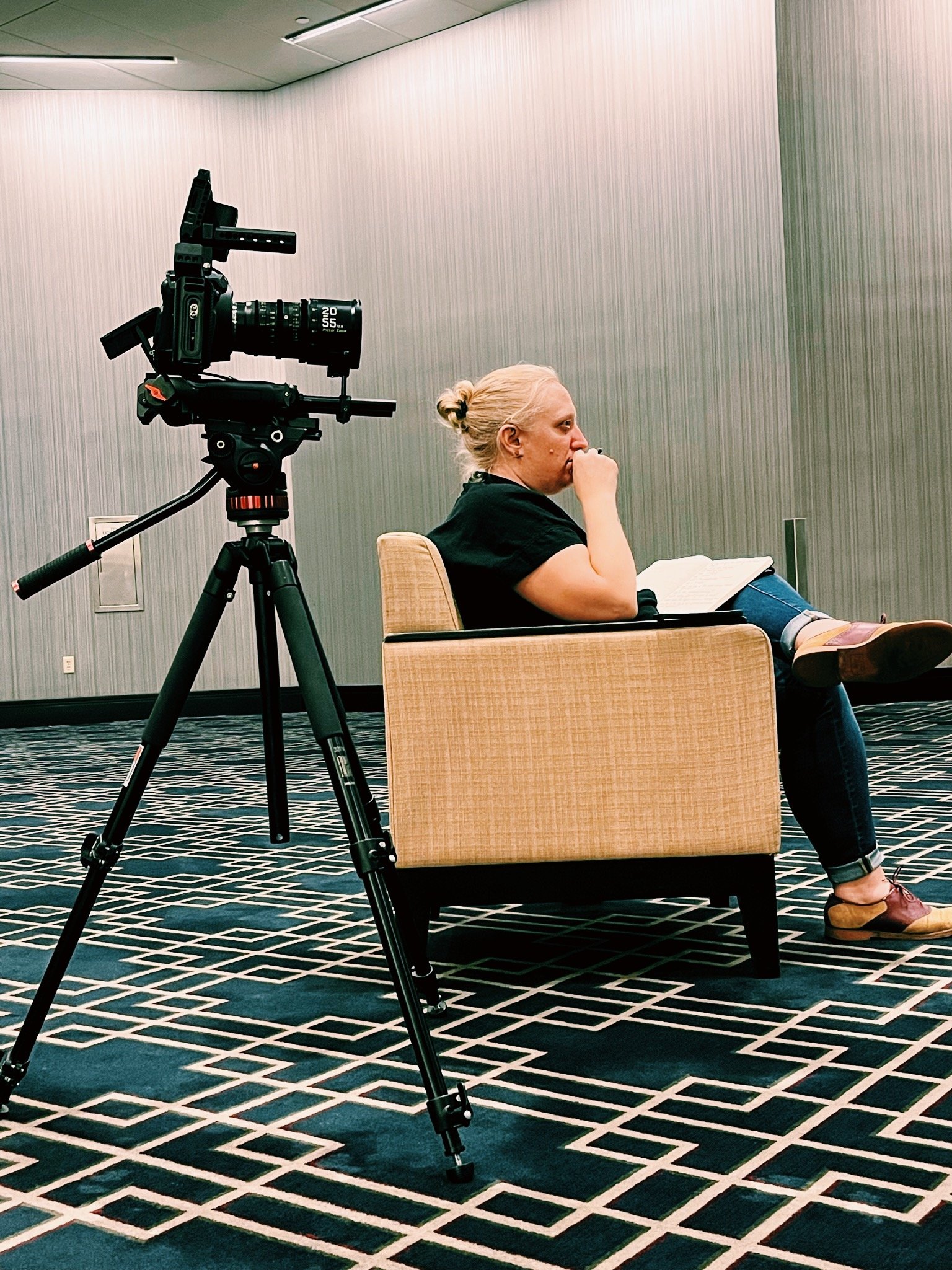
Amber (She/Her)
DIRECTOR & PRODUCER
-
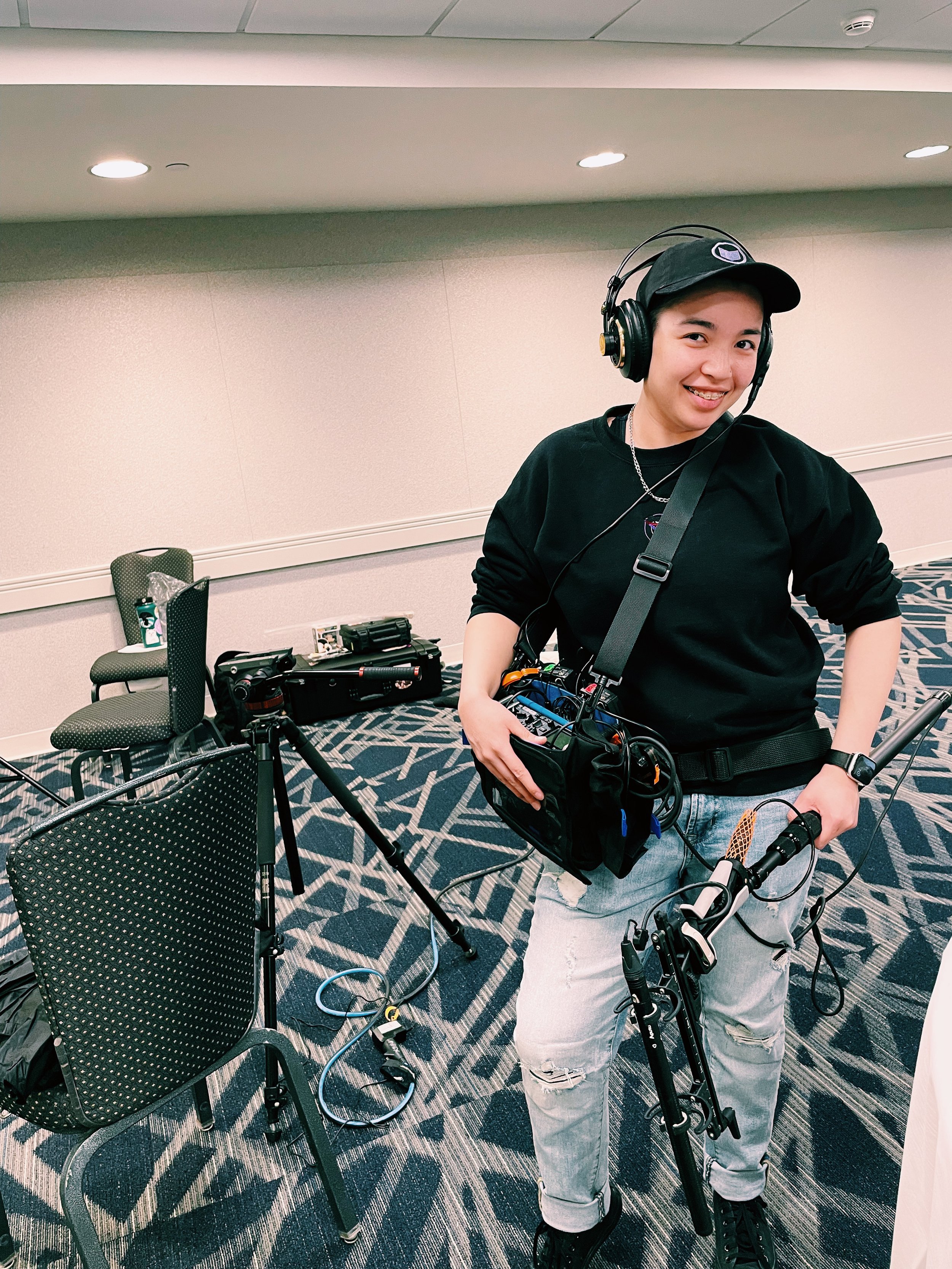
Alex (She/Them)
SOUND ENGINEER
-

Alec (He/Him)
EDITOR
Media





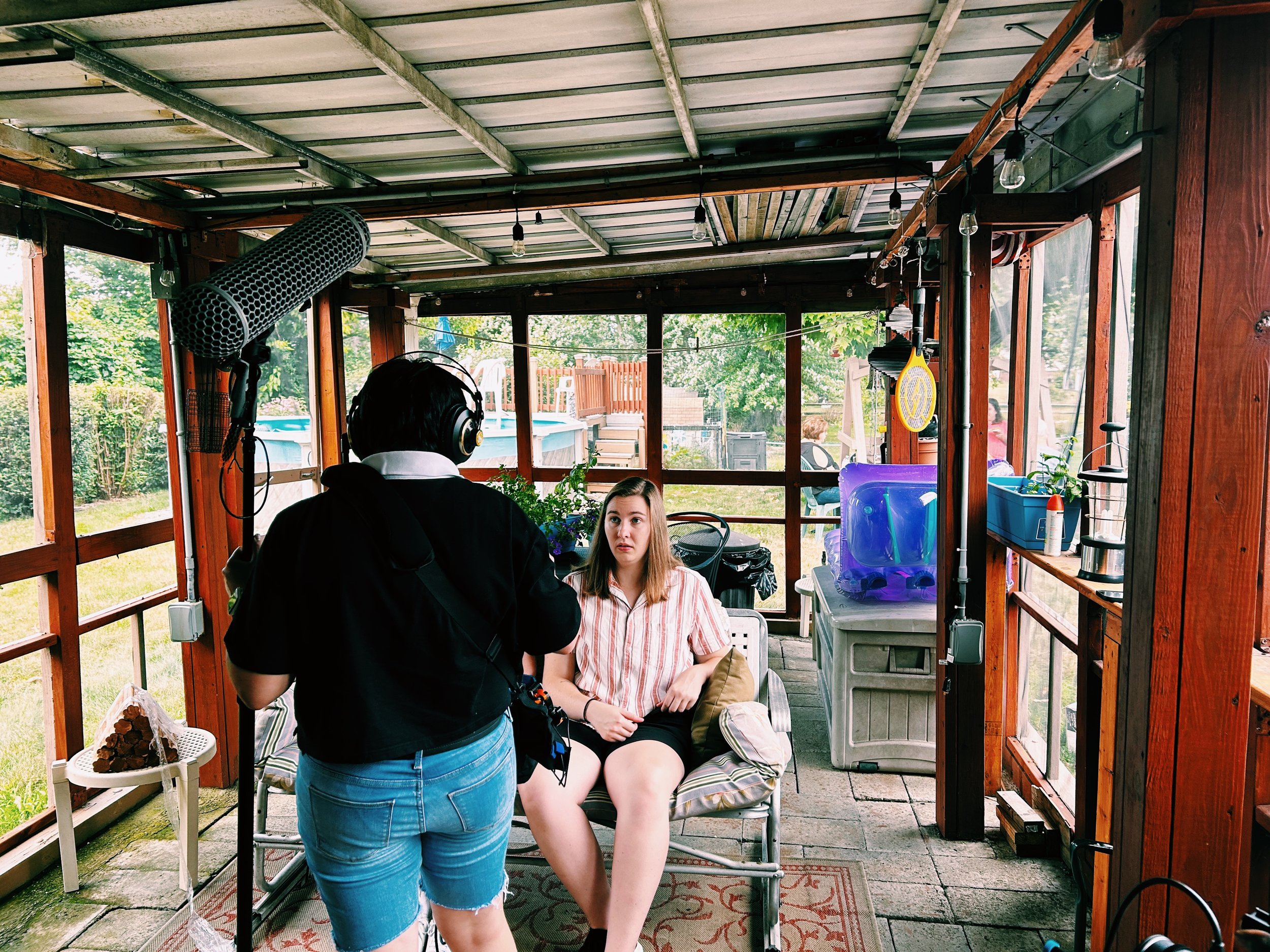

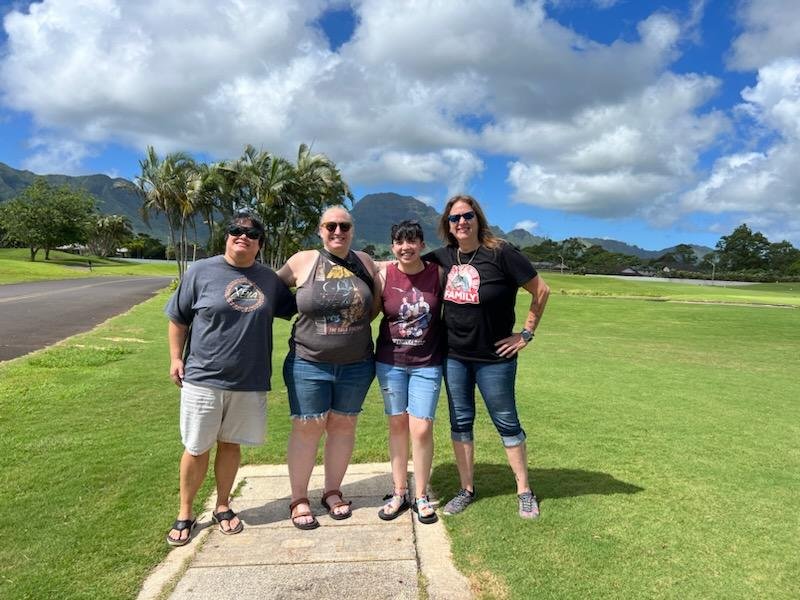


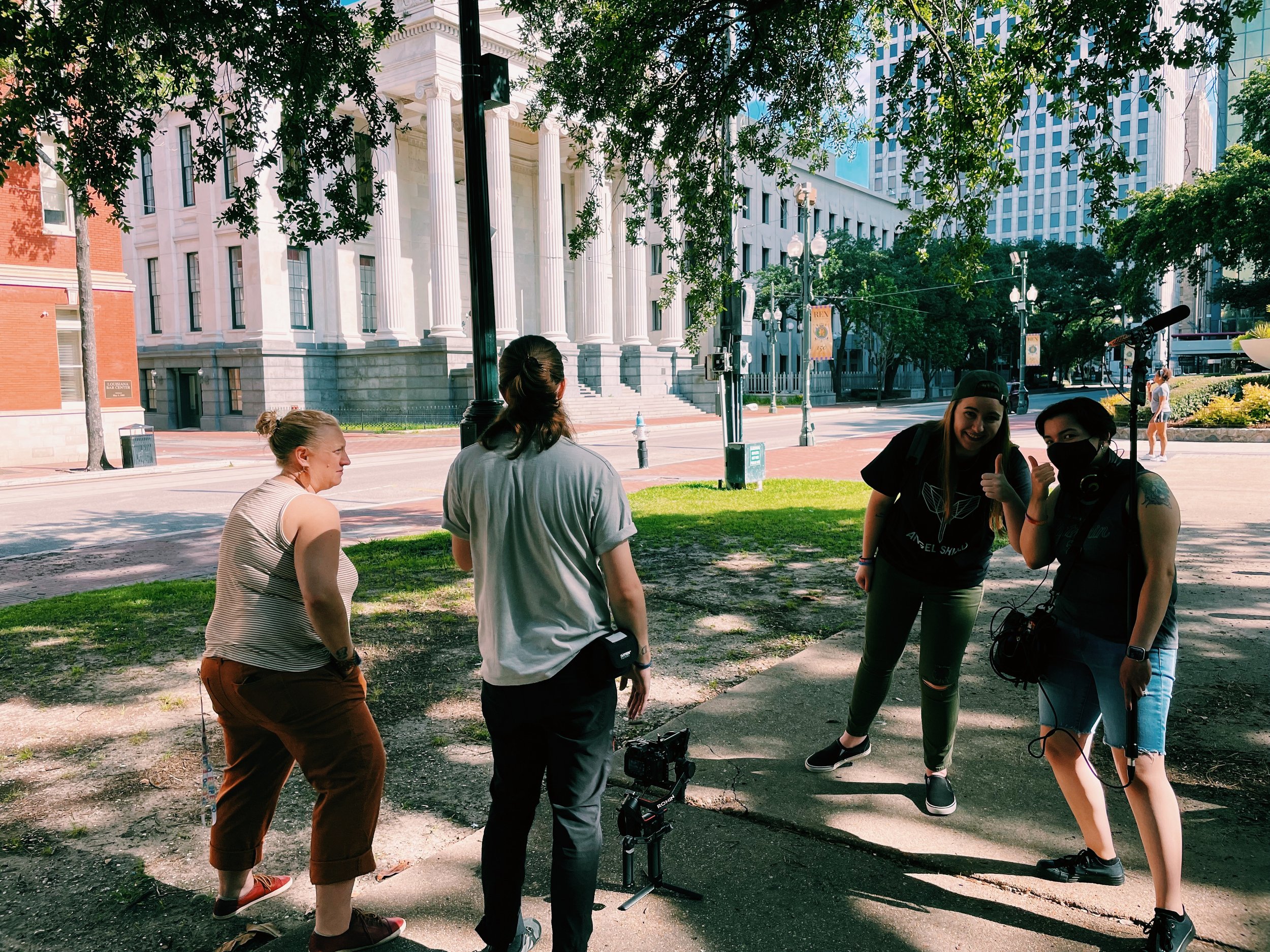
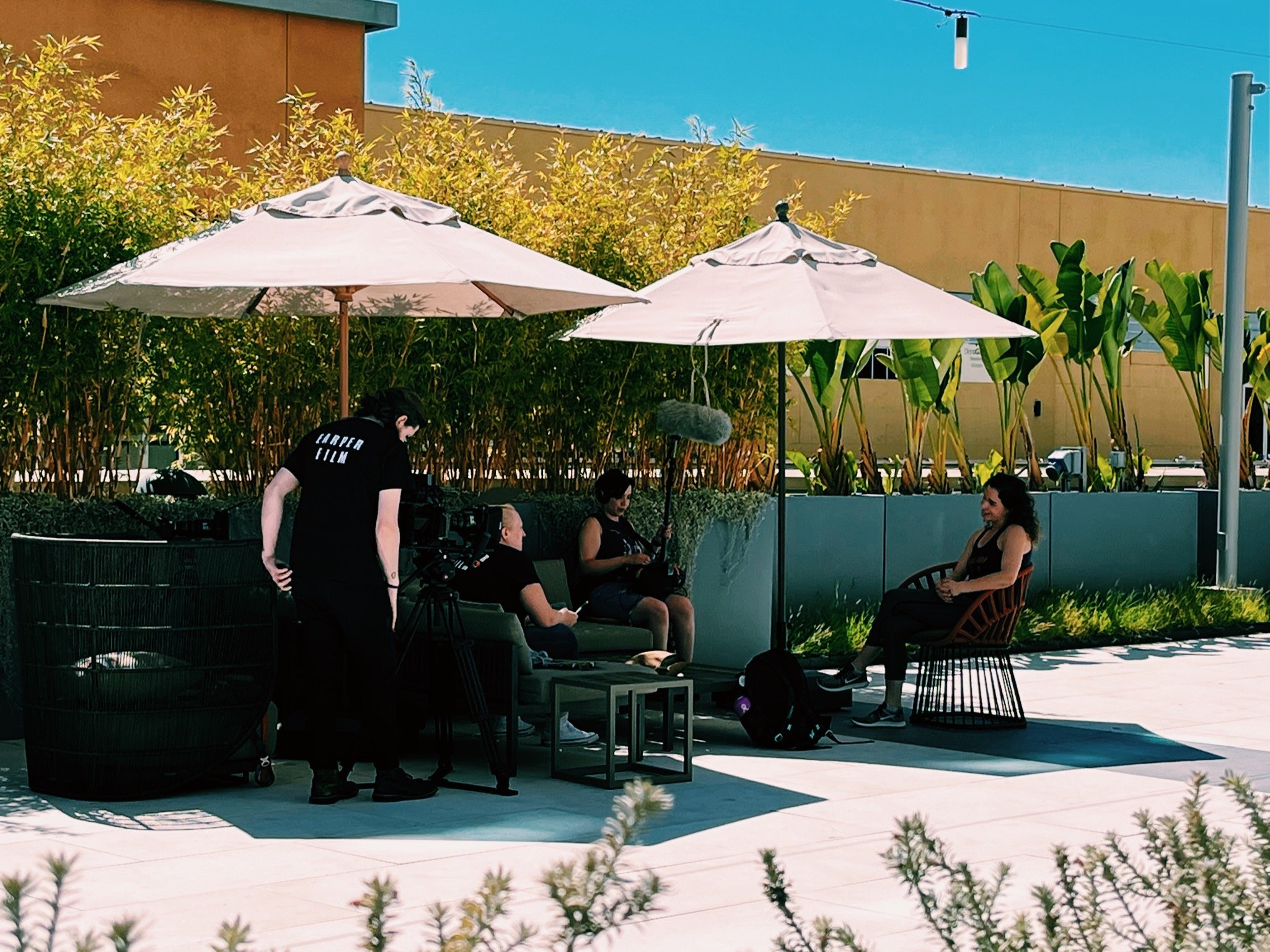




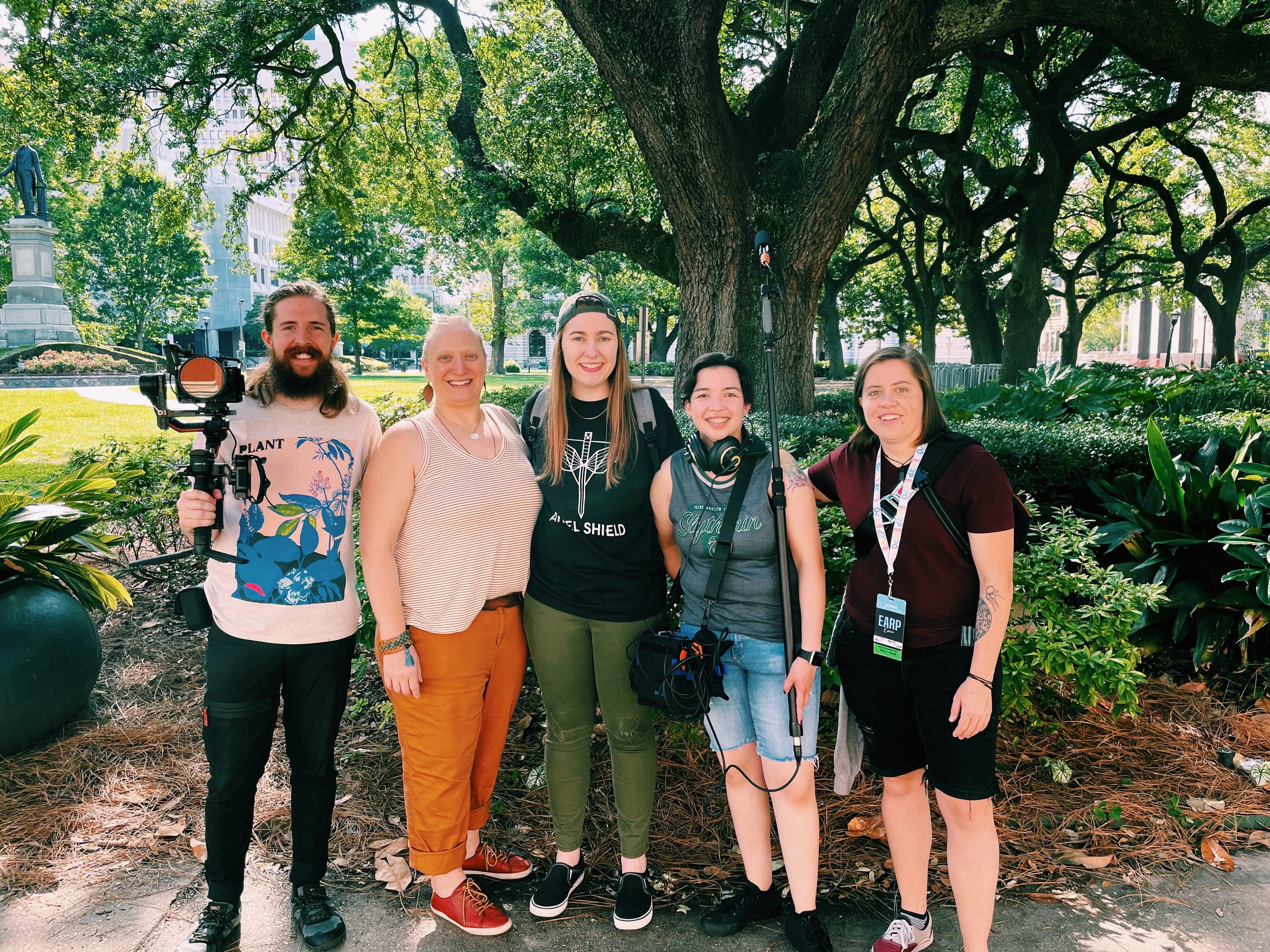
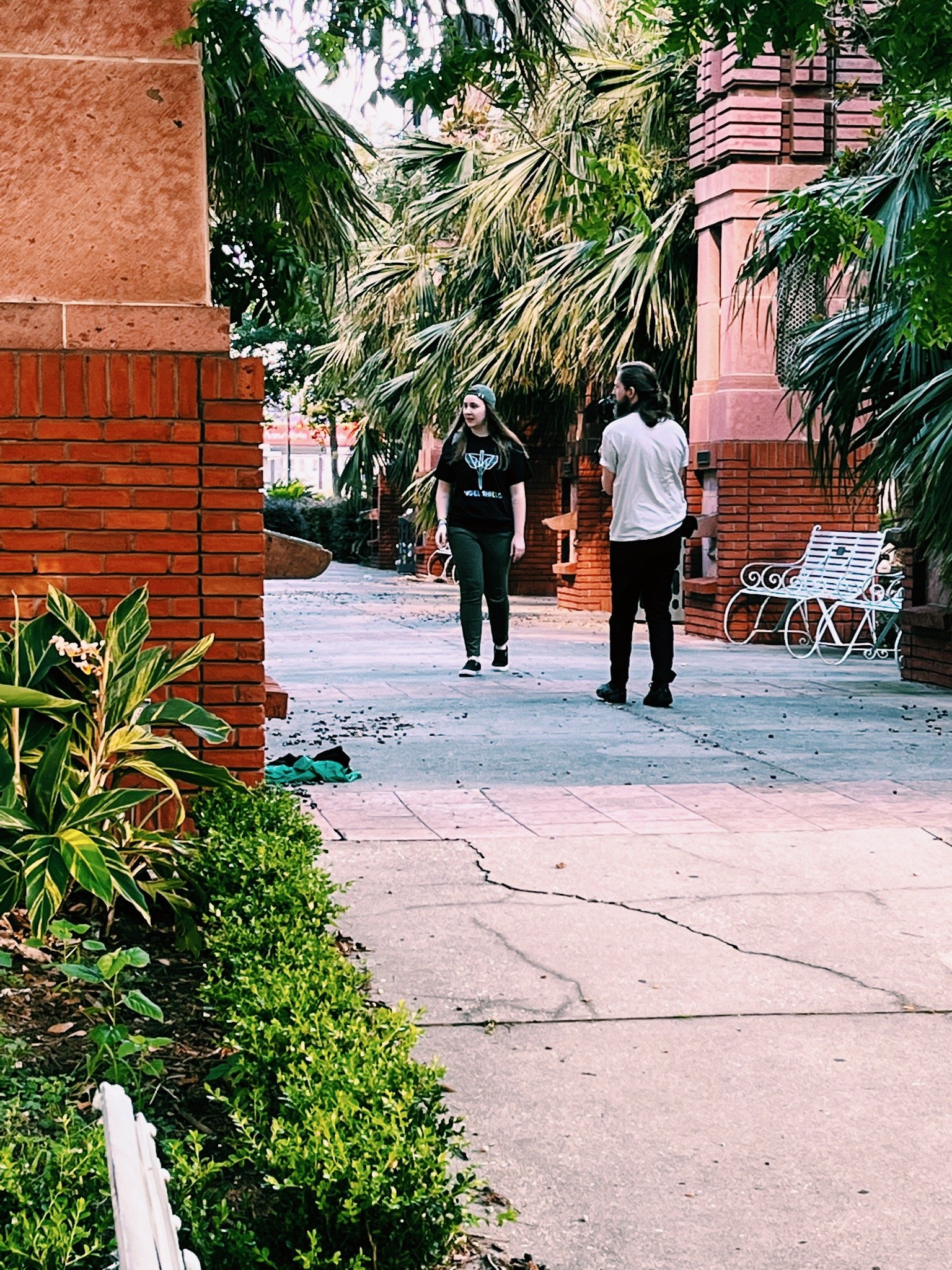
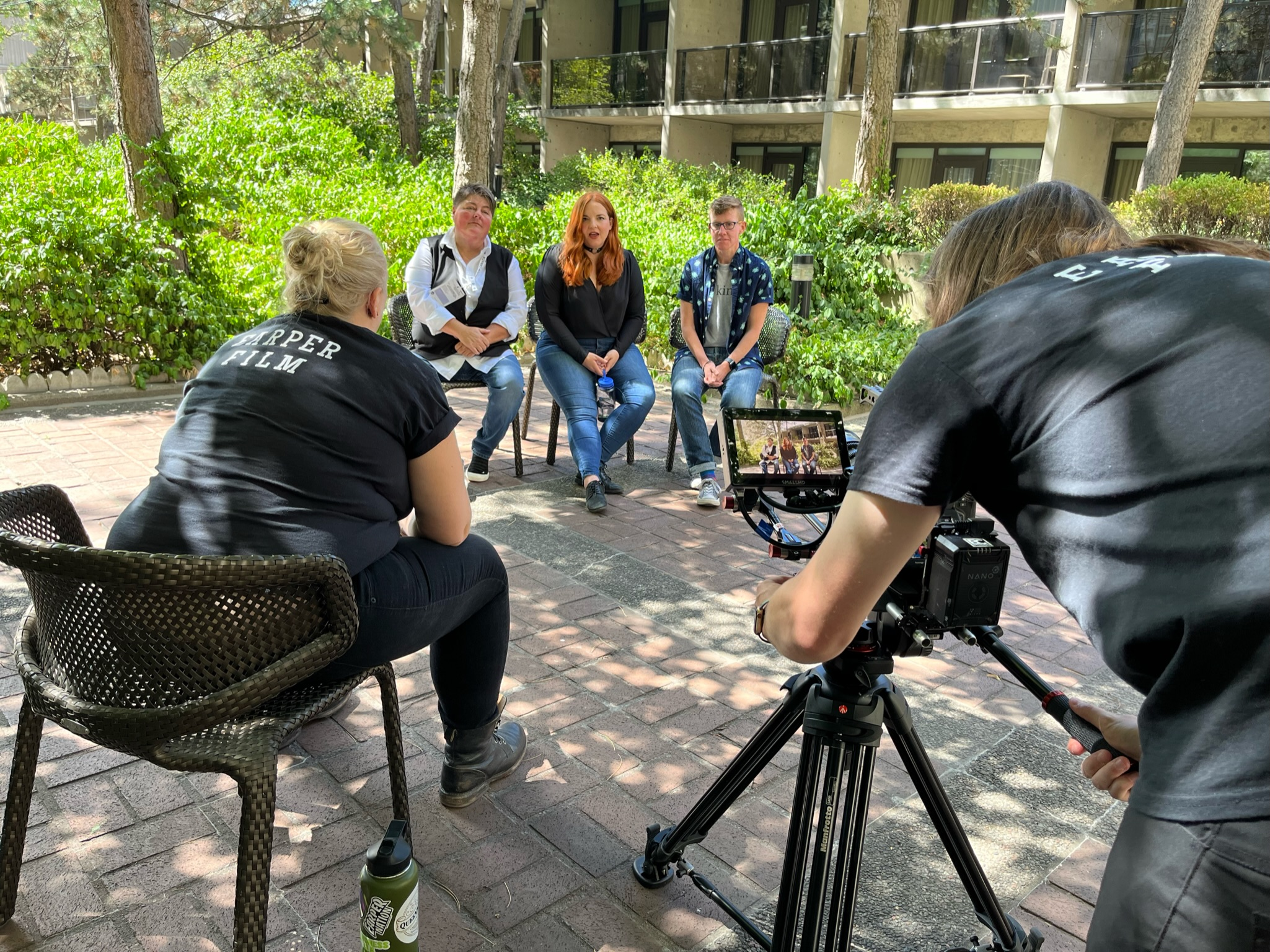




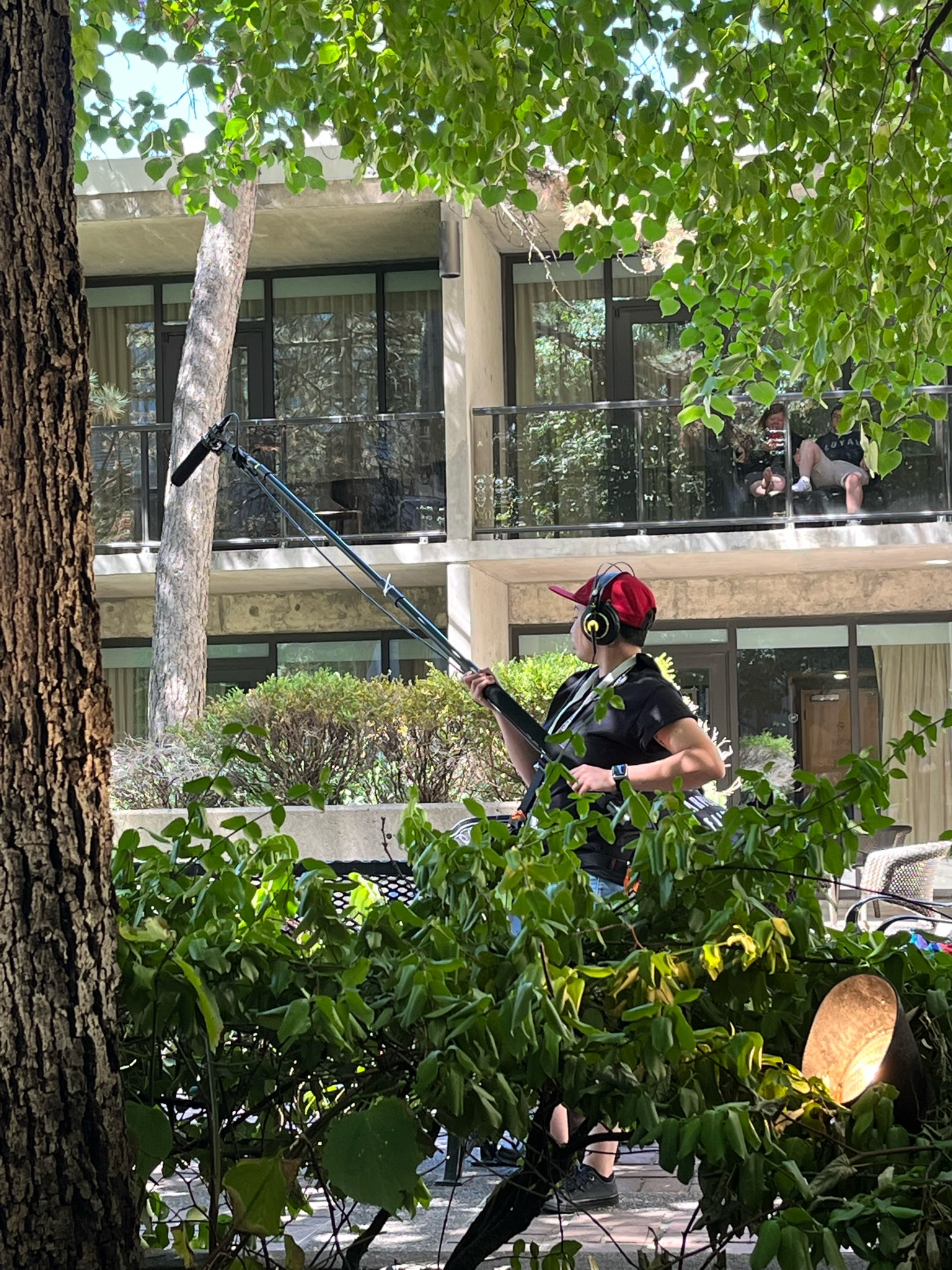
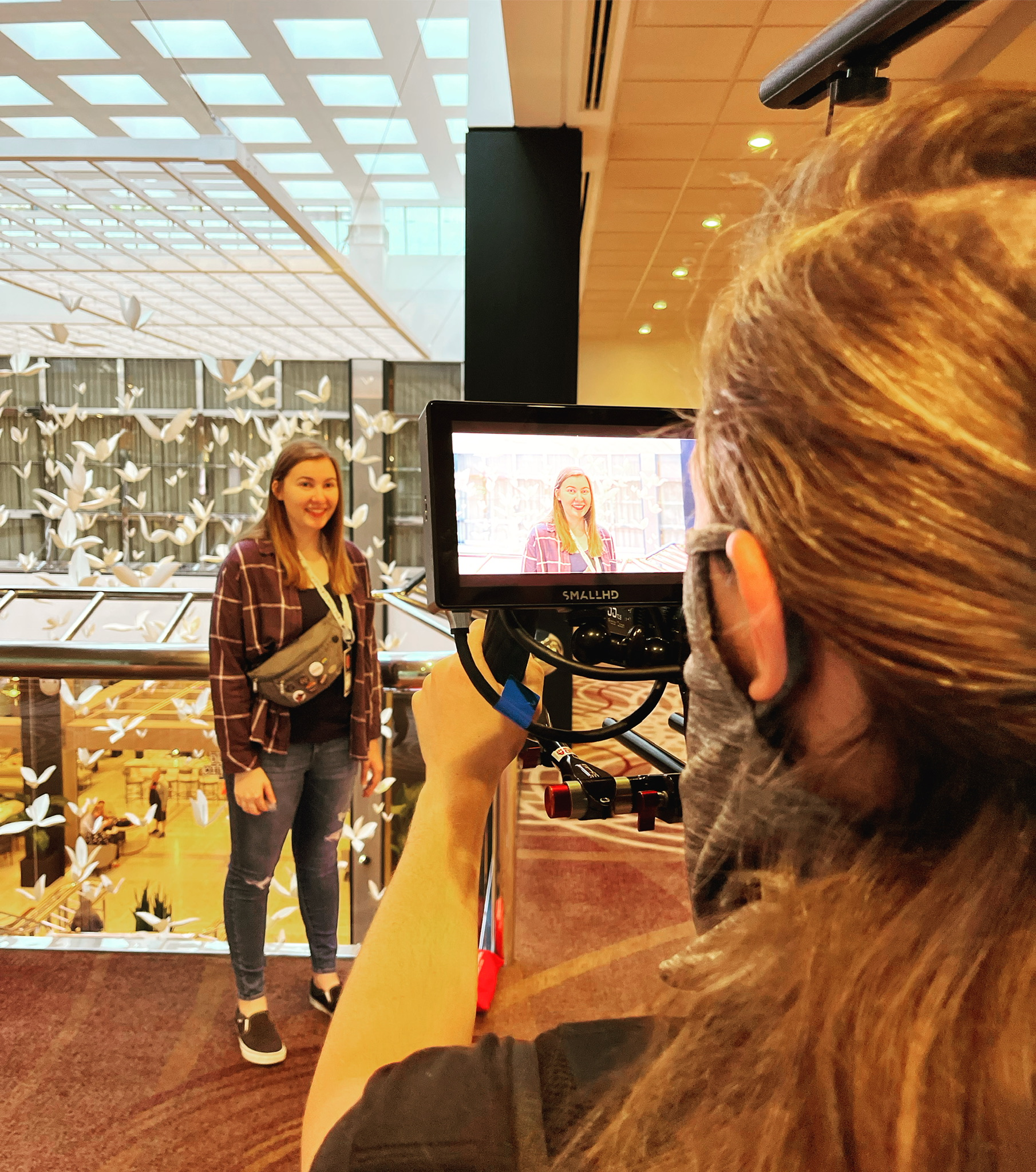
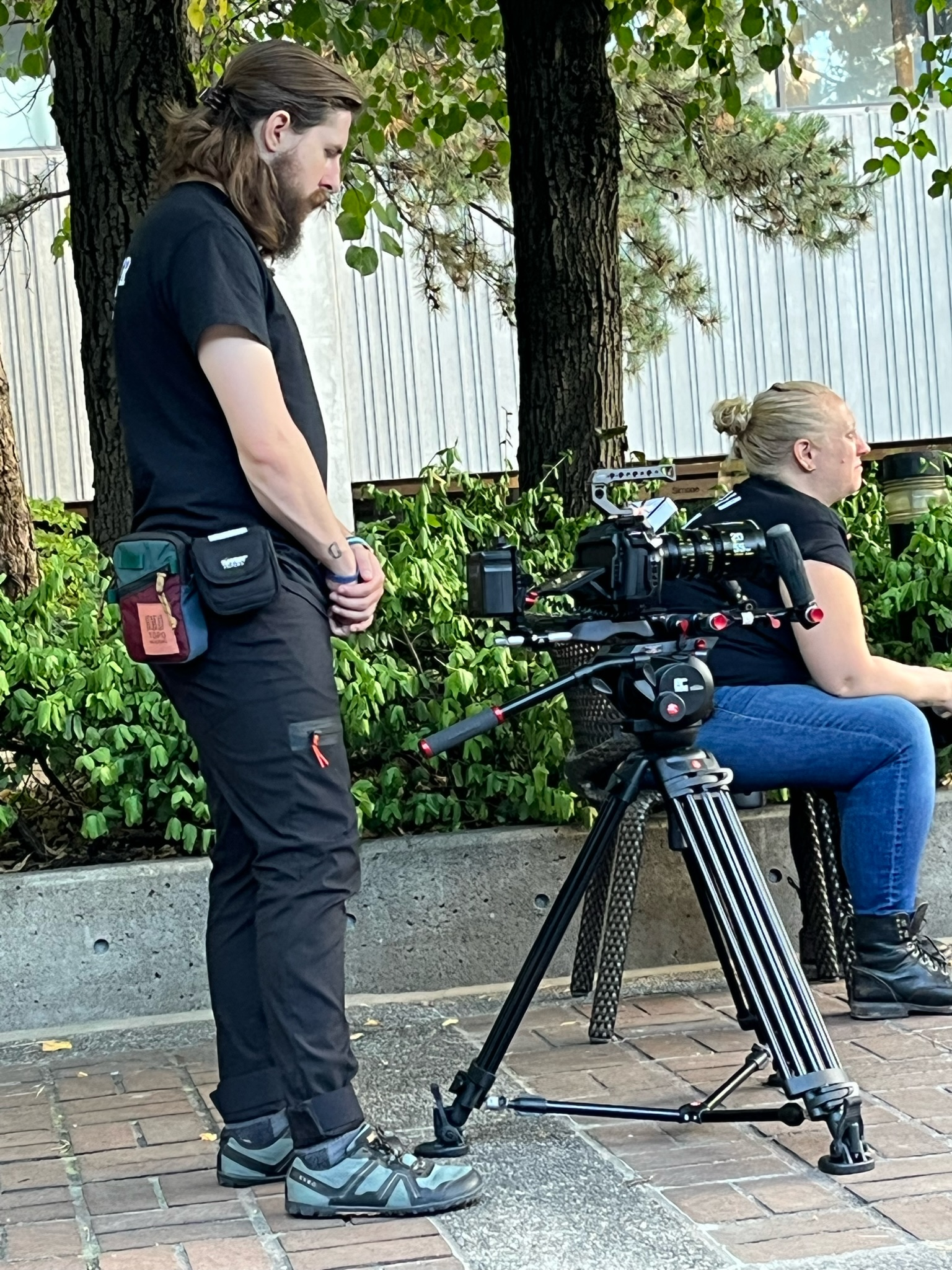




FAQs
-
I’m not certain I have. Growing up a competitive athlete in a small town I think I related mostly to the male popular jocks. Though I never questioned my gender I found the parallels to my life that teen movies and tv made were always the male characters since rarely were the popular females in these depictions ever athletes. As I got older I started identifying with more of the artists struggling to figure out their identity… at the same time as being an athlete - and this was all before coming out. That character didn’t really exist in the 90s for me. To this day, I’m just not certain that character is out there.
-
I spent more time on a plane in 2022 than I think I had my entire life up until then. We started in Pittsburgh where one of our subjects lives, then to Columbus. New Orleans was next followed by Anaheim then Toronto. We finished the year with a trip to Ithaca, NY and our first shoot of 2023 will find us in Lihue, HI where another of our subjects resides.
-
I’ve always loved film. I’ve always loved telling stories. I just happen to often find true stories the most interesting. I received a BA in Writing with a concentration in Creative Nonfiction. No matter how hard I tried to create characters they always ended up being people I knew or going through things I went through, etc. I couldn’t shake it. So, while living in NY I started working at a production company that made mostly documentaries and educational films. I was hooked. It’s only taken me 10 years to do it on my own.
-
You won’t. Though my personal story would fit the project, I made the decision early on to not include it. I feel strongly that the best way for me to have the broad perspective needed to make this what I know it can be would mean keeping one foot removed and firmly placed outside of that world. It’s a good thing I can do a split.
-
Quite true. And this project is still not NOT about the Wynonna Earp fandom, or “Earpers” as they identify. A lot has happened in the last year when talking about the climate of LGBTQ+ representation in the media. It wasn’t long before we realized that though, without question, there could be a feature length film about Earpers, the queer community as a whole really needed to be seen and heard. We started a project that very seamlessly became evident could be something vastly bigger and incredibly necessary. The conversation about queer representation in the media and fandoms who fight for it most definitely could not be had without Earpers at the forefront. Giving this project a wider birth and deciding to make it a docuseries will only allow for more visibility and voices being heard. Hell, I named my company after Earpers - they are going to be seen throughout.
-
That would be something that I could never have prepared for even if I knew it was coming, and I knew if I did my job well, it would. The amount of trauma in the queer community is astounding. I wasn’t certain people would be capable of sharing their stories with a stranger… in front of a camera. I quickly realized my concern had no place as long as people felt safe, supported, and heard. The challenge then became, how do I hold these trauma stories, often multiple a day, without then taking them with me to feel and absorb into myself. Some days and some trips were easier than others but I am so grateful I was able to earn the trust of those willing to share with me. I would also be remiss not to be insanely thankful for my therapist who works with me so I can best be present but also keeping myself safe and whole.
-
1) First to mind is Abbi Jacobson. She is someone who fits into my world of writing/film/art and I am a big fan. I would probably ask her about her creative process and the lines between creating completely fictional characters vs putting yourself and people you know into them. She would be a dream to work with - like bucket list status. We’d find an old bar to sit and shoot the shit for hours, unless of course she has somewhere else to be.
2) Kristin Kish. Having worked for years up the ranks of the food and beverage industry, I am often inspired and always invested in what Kristin is working on. There is a genuine nature about her and I would love to know more about what inspires her and what the journey to the top of a male dominated industry has been like. I’d also make her feed me. I’m not a fan of a missed opportunity, nor am I a dummy.
3) Hm, probably Abby Wambach. What a badass human. Her journey is nothing short of inspiring be it during her epic soccer career or life post competitive athletics. I’d know better than to hang with her on the soccer field, but maybe we’d go to a batting cage or mini golf course and talk about what it is like trying to handle the expectations of others while trying to figure out what expectations you have for yourself.
Though I envisioned sitting down with these humans separately, how amazing would it be to have them all at one table. Dreams.
-
Short answer: yes.
Long answer: YES! Who doesn’t love some good swag.
-
The answer to this is multifold. Having the beat on fandom social media really opened my eyes to who is out there and how long they’ve been involved, invested, and oftentimes fighting for representation. I reached out to some people specifically but also wanted to hear as many stories as possible. When we’d travel to a new city I’d put an open call out to anyone who wanted to chat. It was a pretty awesome experience. For more of the focused “subjects” we vetted a little more just to make sure they were comfortable being in front of the camera so much.
-
I’m not sure I know. If I’m being honest, there are far too many topics in the queer community that could fall under the It Shouldn’t Be This Hard umbrella. I could see myself continuing down that path. I’ve also been writing again and am hesitantly curious to find out where that could take me. But frankly, I am 1,000% still here. There’s so much more story to gather and tell. The hard part is going to be knowing when to stop.
